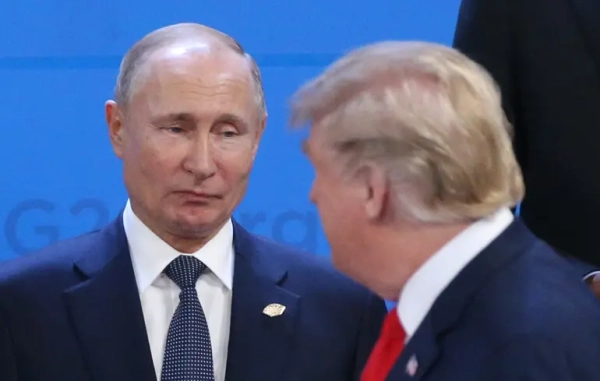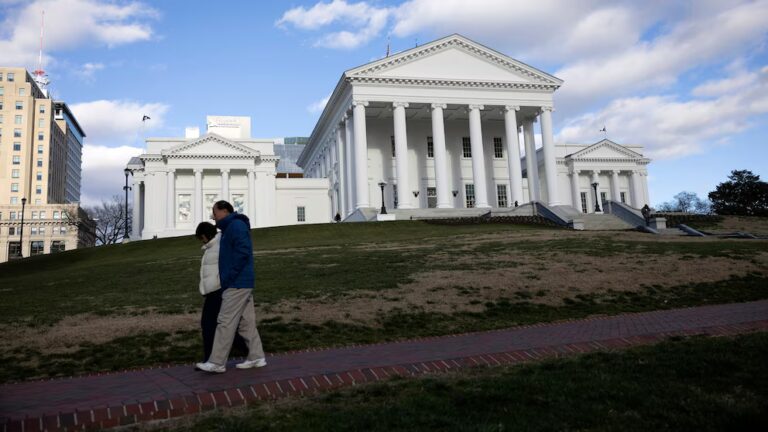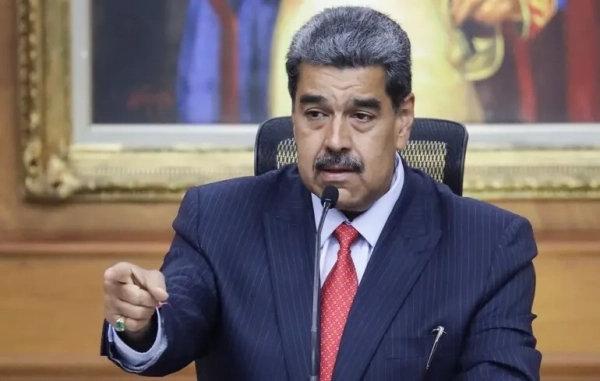
© Getty Images In the author's opinion, the summits in Alaska or Washington in no way affected the real situation on the ground.
Russian leader Vladimir Putin may consider this a significant achievement. His blows have undermined the willpower and unyielding resistance of the Ukrainian people. Almost everyone now recognizes, as they did not a year ago, that the east of the country will have to be given up to have any chance of peace. This is deeply unfair, because Putin has no legal right to even a piece of Ukrainian land, says Max Hastings, a columnist for Bloomberg Opinion.
But the situation is what it is. Now it all depends on whether we can find leverage powerful enough to force the Russians to agree to conditions that they will adhere to for longer than it takes to lift Western economic sanctions. This is an extremely difficult task.
After the August summit in Alaska, Donald Trump's special envoy, Steve Witkoff, called the meeting with Putin a breakthrough. According to him, Russia agreed to pass a law that would prohibit it from seizing new territory in Ukraine after the deal or attacking any other European country. Witkoff described it as “epic progress.” At the same time, everyone else regarded the American representative's statement as proof of his unfitness for the job.
Few Ukrainians believe Western talk of “safe zones” or American guarantees. They understand that Trump is more concerned with winning the Nobel Peace Prize this year than with finally stopping Putin, and that his promises cannot be trusted.
“Instead, what remains unchanged in the tragedy of Ukraine is the unwavering will of Putin, who is ready to walk over mountains of corpses for the sake of his idea of a “greater Russia.” Forecasts from 2022 about the possible collapse of the Russian economy also do not bother him,” the columnist adds.
Two weeks have passed since the meeting in Washington, where the US president spoke with European leaders, but peace is still far from certain, despite optimistic statements from some Western allies. They consider it an achievement that Trump has stayed in the process: he has not caused a scandal, as many feared, and has not surrendered to Putin, although he has agreed to concessions that go far beyond the bounds of diplomacy.
European leaders maintain the appearance of being in sync. In reality, allies are falling apart because Trump continues to believe Putin. Few share that belief. They believe it will take much more damage than America can do to get Russia to agree to terms.
“The US president and his entourage seem to have little understanding of the principles of diplomacy — and even less of autocrats. They act like businessmen who keep experienced and knowledgeable American officials out of business with foreign powers,” Hastings argues.
They are aiming to reach an agreement within days to make it to the news in the US, while serious talks to end the war take months, if not years, as diplomats negotiate among themselves before the leaders meet.
“Putin, like Chinese President Xi Jinping and Iranian Supreme Leader Ayatollah Ali Khamenei, rarely, if ever, makes deals. Such leaders set their positions and are then hard to get to back down from them. In the tariff war, Trump has successfully intimidated allies without facing any retaliation in return. However, China has not changed its basic positions and shows no sign of intending to do so,” the columnist believes.
Putin could agree to a deal on Ukraine in exchange for sanctions relief, but he is insisting on terms that no responsible US president would accept. The Russian leader is convinced of his own superiority and therefore sees no need to make serious concessions. Trump has already ruled out Ukraine joining NATO, but Putin also finds its integration into the EU and any Western military presence in the country unacceptable.
The worst thing about the situation after the Alaska summit is that Trump seems ready to continue to pressure Ukrainian President Volodymyr Zelenskyy, while avoiding any real pressure on Putin. Trump's entourage denies this, citing the 50% duty on India for buying Russian oil. At the same time, American arms supplies to Ukraine have sharply decreased, and Washington has effectively shifted financial support to the Europeans.
“Watching all this, Putin concludes that America's will is weak and Europe's military capabilities are extremely limited. Trump, on the other hand, seeks only a temporary ceasefire that would give him a chance to realize his dream of a Nobel Peace Prize – a topic he has reportedly repeatedly raised in conversations with allied leaders in Washington, while simultaneously supporting Israel's harsh campaign against the Palestinians,” the columnist adds.
After decades when the main challenge for NATO countries during the Cold War was to contain the dangerous USSR, the current problem is the instability of the United States itself. European leaders are trying to use flattery to keep Trump from taking drastic steps and allow Ukraine to continue its resistance.
The key difficulty lies in Russia's geographical proximity to Ukraine, while Western countries are at a distance. Despite Trump's attempts to negotiate, Russia remains an enemy that wishes harm to everyone, including the United States, Hastings concluded.
As a reminder, Russian dictator Vladimir Putin stated at the Shanghai Cooperation Organization (SCO) summit in China that the agreements reached in Alaska with US President Donald Trump “open the way to peace in Ukraine.” At the same time, he repeated the Kremlin's traditional arguments regarding the “causes of the conflict,” placing responsibility on the West and political changes in Ukraine.






